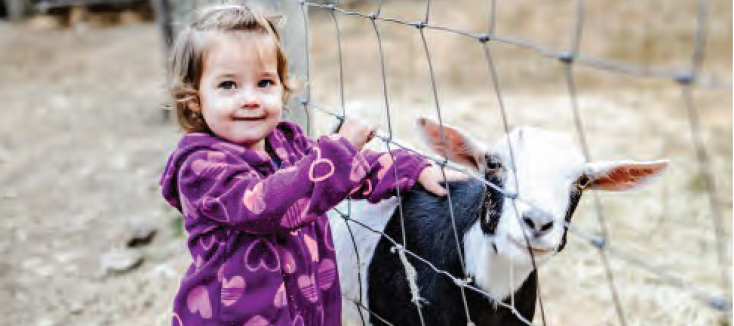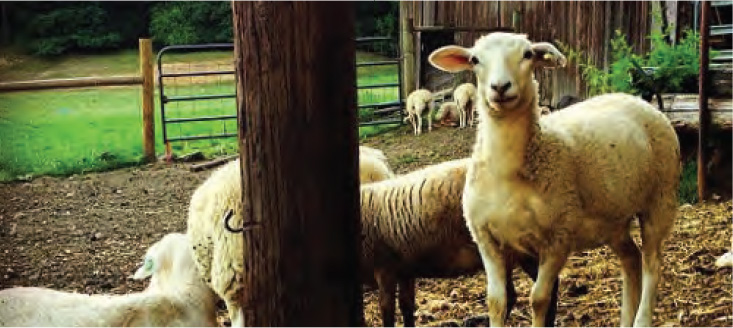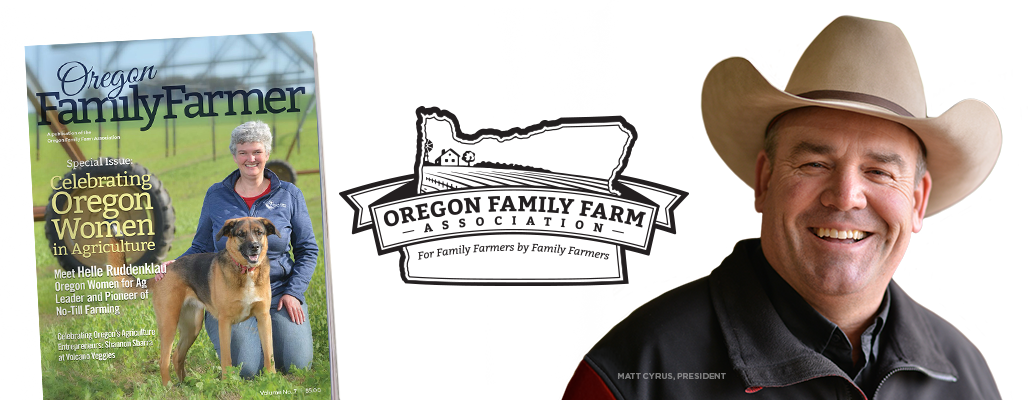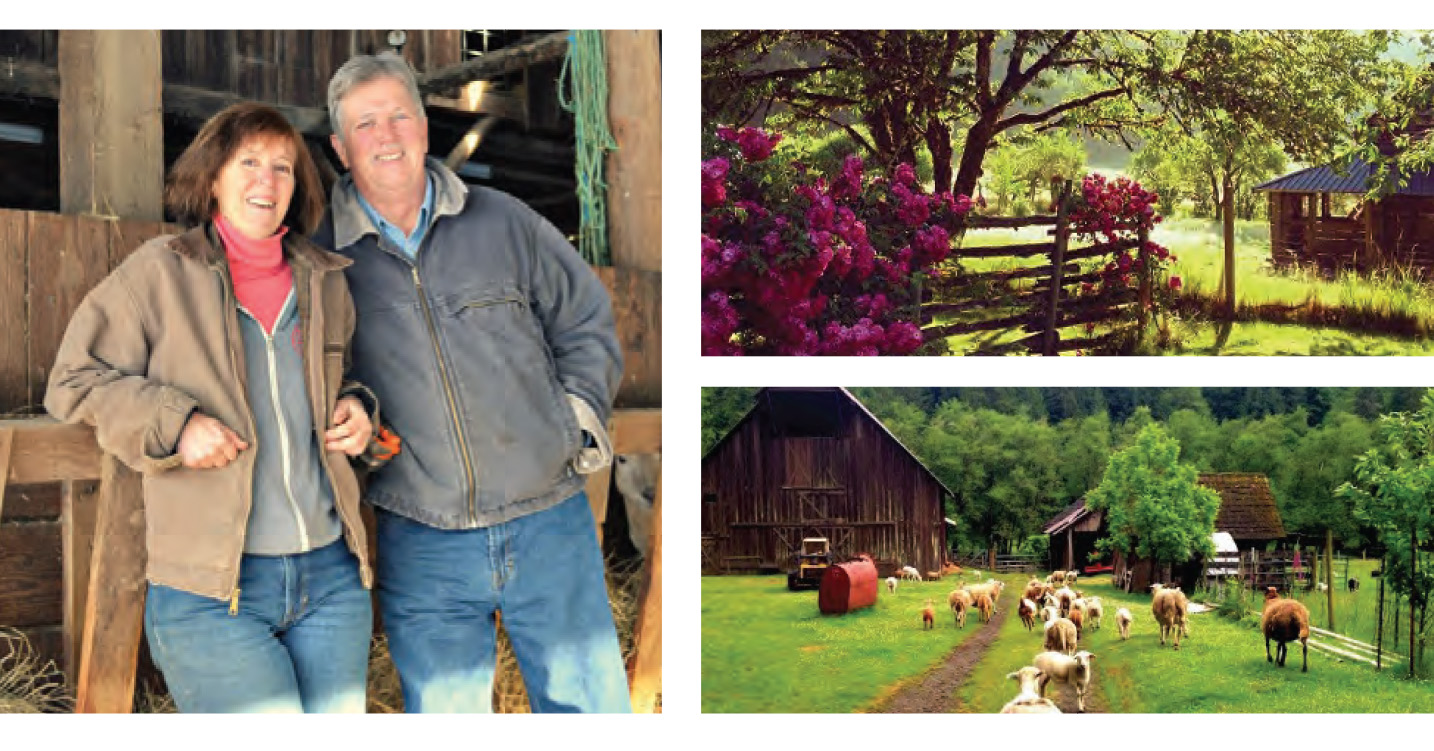WORDS: MITCH LIES
It didn’t take long for Scottie and Greg Jones of Leaping Lamb Farm in Alsea, Oregon, to encounter the difficulties of generating a profit on a small farm. New to farming in 2003, the couple realized by 2005 they needed more than the income from raising sheep to fulfill their dream of living off the land.
Enter agritourism.
Having lived in Europe, Scottie Jones says she was familiar with farm stays, a form of agritourism that involves overnight lodging on a working farm or ranch and typically includes participating in farm chores. Opening up their farm to customers, she thought, might generate the kind of revenue needed to continue farming.
“I also liked the idea of sharing our farm with other people,” Jones says. “And I thought it was important to educate other urbanites about how food is grown and the dynamics of farming: the things that you can control, the things that you can’t control, the funny stories, the sad stories.”
Being new to farming, she thought, would be a benefit. “I figured I would be a good host, because I asked all the same silly questions that I had a feeling our guests were going to ask.”
 Still, Jones had no idea if the venture would succeed, in part because Leaping Lamb Farm was the first operation to offer a farm stay in Benton County. That question was answered in a heartbeat, however. “It pretty much took off as soon as we started marketing it,” Jones says.
Still, Jones had no idea if the venture would succeed, in part because Leaping Lamb Farm was the first operation to offer a farm stay in Benton County. That question was answered in a heartbeat, however. “It pretty much took off as soon as we started marketing it,” Jones says.
Leaping Lamp Farm, one of about 30 farm stays in Oregon today, is booked solid from June through Labor Day each year, and maintains a steady flow of overnight lodgers during the slower spring and fall months, as well.
According to Melissa Fery, Oregon State University Extension Small Farms agent for Benton, Linn, and Lane counties, farm stays and other forms of agritourism are vital components of many farm operations today.
“Agritourism allows a farm to diversify its income stream beyond just the products it produces or raises,” Fery says. “It can really enhance the income for farms who are interested. But not all farmers are willing to have people visit their farm.”
“There is a lot of benefit in agritourism, and for society as a whole to better understand what farmers do, and what services they provide.”
 “At its most basic level, agritourism involves inviting the public to a farm,” says Fery who helped coordinate two Extension Agritourism Summits and offers advice to farmers considering its benefits. “It can include everything from u-pick, or operating a farmstand, to educational workshops and tours on your farm, or overnight lodging,” she says.
“At its most basic level, agritourism involves inviting the public to a farm,” says Fery who helped coordinate two Extension Agritourism Summits and offers advice to farmers considering its benefits. “It can include everything from u-pick, or operating a farmstand, to educational workshops and tours on your farm, or overnight lodging,” she says.
“The educational component of agritourism is a key part of the venture, and provides a valuable service to the farm industry.”
“Even when people are just on the farm to pick some corn, they are learning about where corn grows, and that people in their area raise these crops,” Fery continued.
Agritourism, according to Fery, can be the lynchpin that keeps younger generations on a farm, helping sustain the social fabric of rural America. “As the farm team expands through marriages and what not, agritourism might be an opportunity for the next generation to excel, where the previous generation might not have been interested in it,” Fery says.
And in some cases, such as at Leaping Lamb Farm, agritourism can be the difference between shuttering a farm operation and continuing.
“If we didn’t have a farm stay, we probably wouldn’t still be here,” Jones says.



